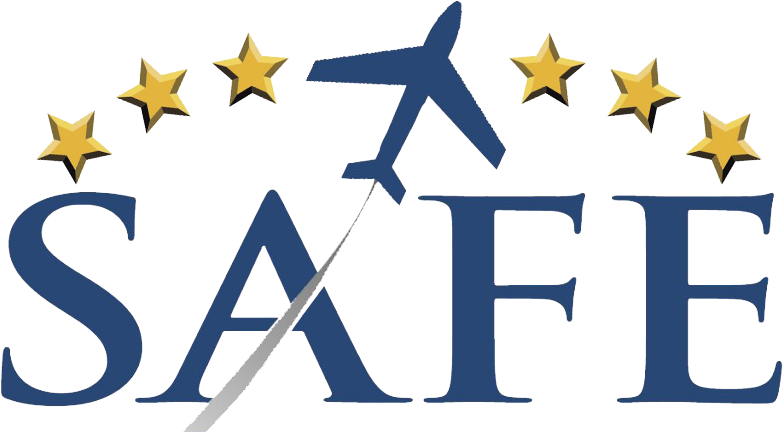How we understand and perform aviation safety is largely determined by how we answer this important question; are “zero accidents” actually possible in flying? This answer is also critical for understanding and appreciating the entirely new FAA approach to deviations and accidents demonstrated in their new “Compliance Philosophy” introduced in 2015.
Historically, errors and accidents are understood to be the result of individual or small group human failures. This view assumes people generally make rational choices and that failures (deviations and accidents) happen because of a “broken component/bad actor” in the system and/or an irrational decisions. This viewpoint also criminalizes errors; “find the culprit and punish the offender”. Through retribution we will make the whole industry safer by incrementally purging each “bad actor”, like catching pests. With enough vigilance and effort this should result in a perfectly safe, zero accident environment.
However, a more nuanced and comprehensive approach to safety called “just culture” has recently evolved and is still not widely understood or embraced. “Just culture” was first mentioned by James Reason and fully articulated and developed by Sidney Dekker (who wrote this book). The “just culture” theory maintains that only a small number of human errors are deliberately caused. More typically, deviations are caused by the highly complex nature of our aviation system and the rapidly changing environment. Though each pilot may strive heroically to embrace and maintain a safe operation, the operational environment can lead to “honest errors”.
Through the lens of “just culture”, criminalizing every individual error actually decreases the larger goal of aviation safety by preventing the healthy reporting of deviations which alert and improve the whole system (witness the ASRS reporting system). Balancing safety and accountability is the key challenge to making this worldview succeed. It is inappropriate to claim every single error was a system failure and there is no human culpability. “Just culture” is not blanket amnesty, but rather defines the limits of personal responsibility and acceptable behavior within the system. Learning from our “honest errors” and building a better system are the goals of “just culture.”
So how does this abstract theorizing impact the life of a modern pilot? Under FAA Compliance Philosophy the (new improved) FAA’s first reaction to a violation or accident will be education or “more training.” Enforcement actions are appropriately reserved for willful violators and rogue pilots. This is a beneficial change to the FAA interpretation and treatment of errors. This “just culture” paradigm increases our ability to troubleshoot and improve our aviation system through honest feedback. And though it’s not possible to achieve “zero accidents”, we will increase the safety of our system over time through compassionate partnership with our regulators. The recent Jan/Feb issue of FAA Safety Briefing was entirely devoted to this new compliance philosophy. So though the price of our incredible freedom to fly recreationally will always result some accidents we can now work as a team to make our complex aviation system safer.
Please “follow” our SAFE blog to receive notification of new articles. Write us a comment if you see a problem or want to contribute an article. We are always seeking more input on aviation improvements and flight safety. There are many highly qualified aviation educators out there! If you are not yet a SAFE member, please Join SAFE and support our mission of generating aviation excellence in teaching and flying. Our amazing member benefits alone make this commitment worthwhile and fun. Lastly, use our FREE SAFE Toolkit App to put pilot endorsements and experience requirements right on your smart phone and facilitate CFI+DPE teamwork. Working together we make safer pilots!

